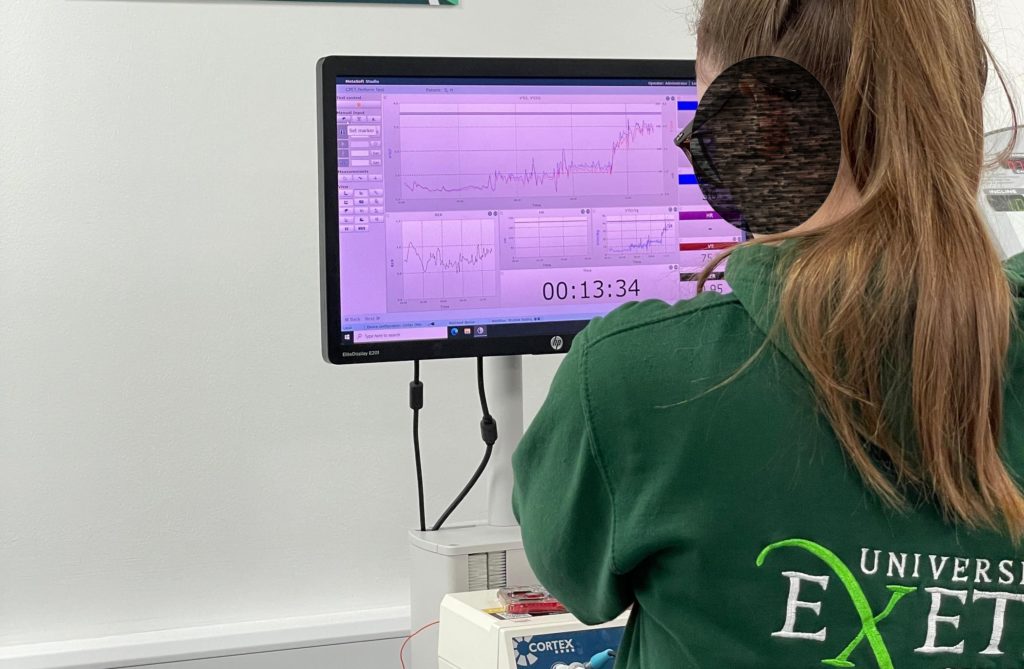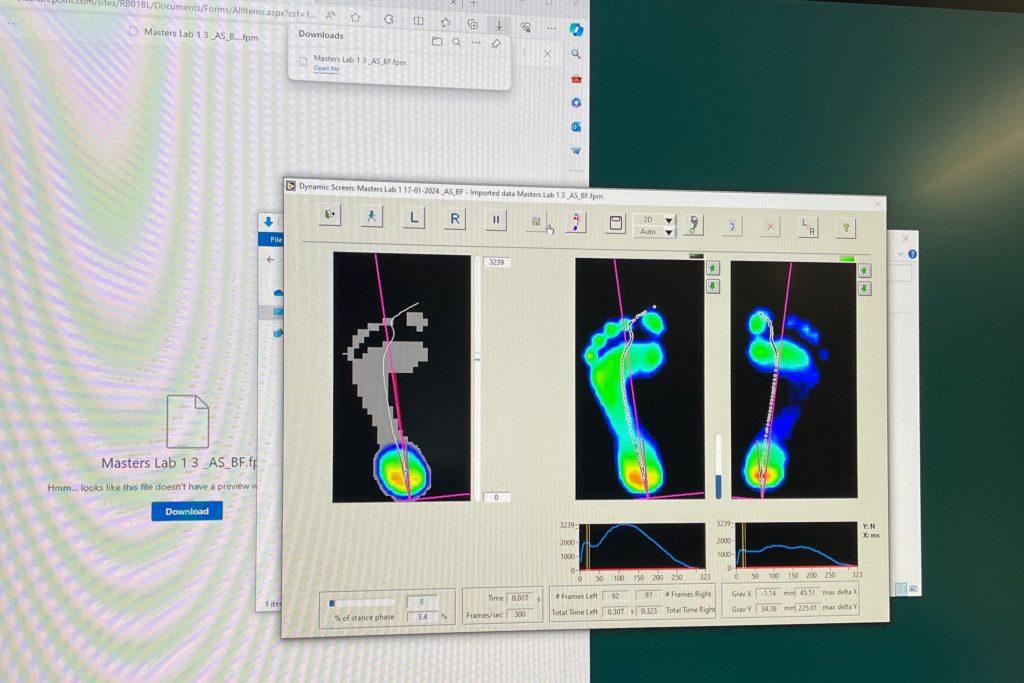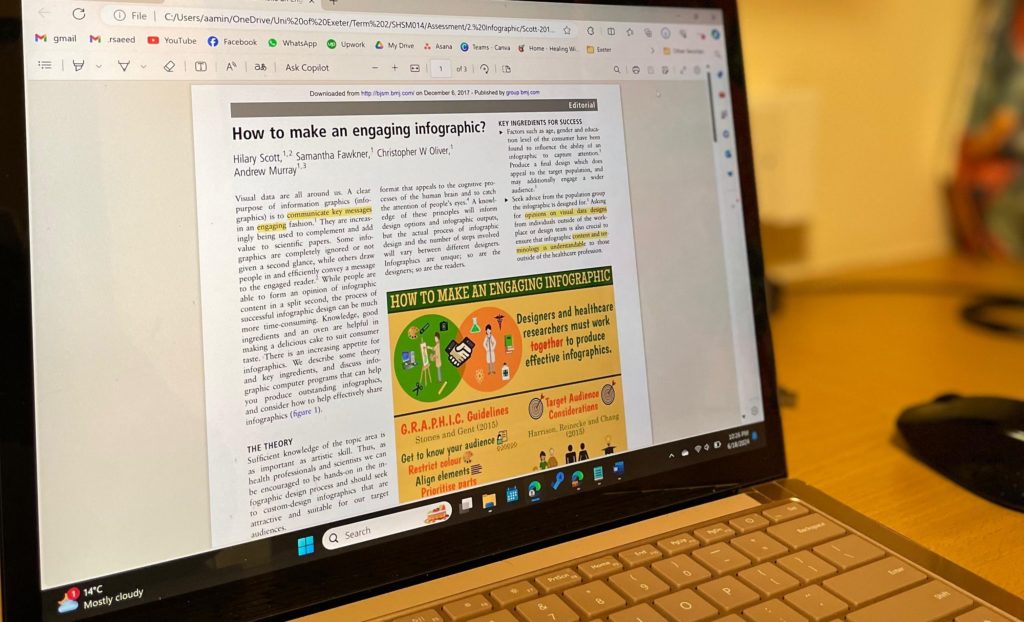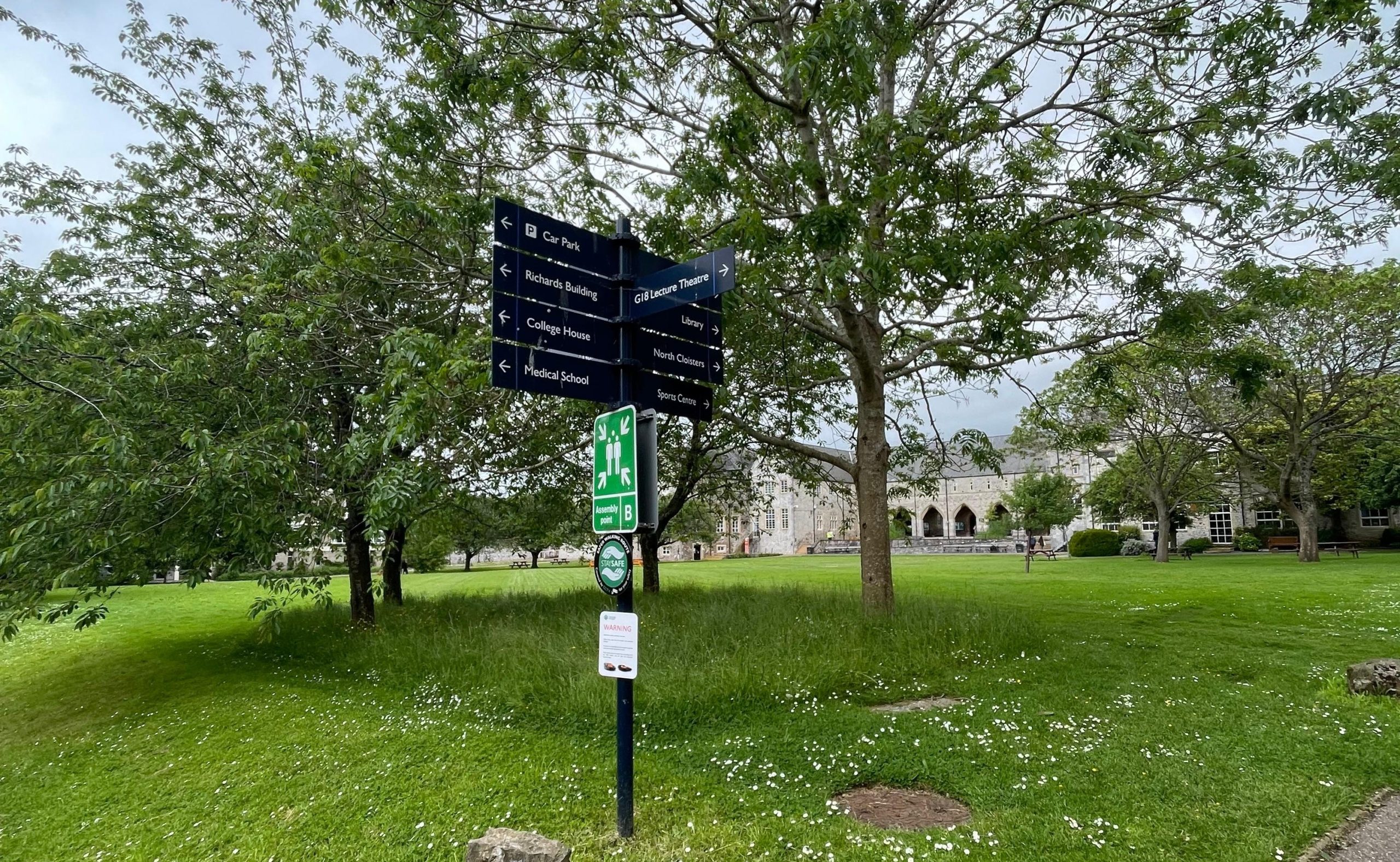Hiya, Aamina here from the MSc Sport and Health Sciences programme. It’s the end of June, summer is here, and I’m officially done with my final term. So, my focus is now on job search, the process of which has highlighted many ways my programme is great for employability. In this blog, I’ll share the reasons why I say that.
This blog can help you decide if this is the programme for you. It can also help students in my cohort who are preparing for interviews as we get closer to graduation.
A bit of background about me: I did my undergraduate in Physiotherapy and worked for nearly 2 years before starting my MSc programme. My goals are to continue working as a physiotherapist but shift more towards preventive physio and get into research and academics at some point.
Keeping that in mind, let’s dig into the reasons why my programme is excellent for my career progression/ employability.
1. Modules focused on practical skills relevant for today.
One of the best things about the MSc Sport and Health Sciences programme, and the reason I choose it, is that the modules are relevant for today’s job market.
From what I can tell, the module content is adjusted yearly to match the advances in the non-academic world. That ensures that when I graduate, I can almost immediately start using the practical skills from my programme in my career.
I’ve been invited to a few job interviews and used my skills and knowledge gained from my programme to display my expertise. The feedback I’ve received from a couple of interviewers (who were physiotherapists) was that I knew details that were generally unknown to professionals like me, who are at the beginning of their careers. That’s because I could present detailed evidence-based arguments, because the MSc programme helped me develop critical reading and thinking skills.
This indicated to me that the MSc programme at the University of Exeter helped me develop qualities that are in-demand in my field. Here are a couple of examples of how modules are relevant for my career:
Paediatric Exercise and Health
Exercise prescription is a big part of what physiotherapists do. Just like medication prescription, there are certain parameters we must be careful about when choosing exercises that’ll be most efficient for our service users.
One of my 30 credit modules in the MSc Sport and Health Sciences programme is Paediatric Exercise and Health. It’s focused on learning about exercise training for health in healthy individuals, young athletes and select paediatric clinical groups.

Studying this module taught me about the whys and hows of choosing exercise for children and young people. I chose this module because paediatrics is a special interest of mine.
It goes into details of measuring physical activity in children and gave me practical tools to quickly weigh benefits vs. risk of exercise training during health and disease. I can immediately translate this knowledge into practice and distinguish myself as an employee.
Biomechanical Aspects of Lower Limb Injury
Biomechanics is a hot topic in the physio world. But few people master it because it’s highly dependent on technology which isn’t cheap or easily available at most clinics.
The University of Exeter has some of the top tools being used in clinical and sports performance environments globally. And I got to learn to use them through practical sessions throughout the term.

Our module leader invited an alumnus to lead one of our lab sessions. The alumnus showed how he uses the biomechanical principles that I was learning to attend to his service users. He’s currently one of the leading gait analysis experts in Devon, a huge thanks to his expertise in biomechanics that he began developing at the University of Exeter.
I’ve been using some tips from his guest lab session to improve my CV/LinkedIn page and interview prep because he helped me think about uncommon ways I can link my module with employers’ usual requirements. And I’m looking forward to highlighting my biomechanics skills in upcoming interviews using his approach.
We were encouraged to stay in the lab and practice as much as we wanted during our weekly lab session. I took full advantage of this opportunity and I feel confident in using the equipment independently in a workplace too. I believe that will help with my employability.
I can see the module helping me stand out from competitor job candidates because of the experience I’ve gained using the machines and interpreting the data – which is incredibly valuable.
2. Guest lectures
All my modules had at least one guest lecture by an industry expert who helped us link the module content to different careers. I left most of those lectures with a different perspective about unique ways I can apply my knowledge to progress in my career quickly.
These guest lecturers included physicians, such as cardiologists and paediatric endocrinologists, who shared case studies, current problems, rising trends (that our employers will care about, so something to highlight when selling myself in job applications), etc.
I loved that the guest lectures were interactive, and I was actively involved in solving real-world problems using my knowledge from the module.
For example, we had a consultant physician run one of the guest lectures and he had us design an exercise programme for a diabetic patient of his who wanted to participate in football at school. We looked at various challenges for his coaches and parents, markers to keep an eye on during and after training, dietary considerations, safe level of activity, medications, etc. It taught me how I critically read research papers and use them to inform my clinical decision-making skills. These skills are valuable for a physiotherapist.
3. Assessments formats
The MSc Sport and Health Sciences programme at the University of Exeter uses various formats for assessments. And each one of them is designed specially to develop skills that help career progression/ employability.
For example, there’s a trend of producing infographics of research papers when they are published. You may have seen them on X or Instagram. These infographics are shared with the target populations of said research papers and circulated on social media.

One of the assessments in my Paediatric Exercise and Health module was creating an infographic and writing a technical summary of it, just like I would when submitting a paper to some of the leading journals in my industry.
Similarly, literature reviews are a common form of assessment in my programme. These have significantly improved my critical analysis skills. They’ve given me the skills to extract key information quickly and identify limitations/ biases that I wouldn’t have noticed before.
Assessments in my programme are focused on preparing us for the demands of my career. I can learn in a safe environment, practice, and get feedback so I can do a lot better at my job in the future. Knock on wood.
Wrapping up
If you want to know how any programme helps with career progression or employability, determine what the demands from service users or KPIs from employers will be. Then check if your programme prepares you to address those.
The MSc Sport and Health Sciences programme addresses many of the factors that I’ll need in my career in physiotherapy. It has taught me to evaluate evidence and use it to practically help my service users. It has improved my decision-making capabilities and made me confident in using cutting edge tools being used in my industry.
I hope this blog helps you decide if you want to join this programme at the University of Exeter. I’m super happy with my decision of studying this course and I’m glad that I got out of it everything that I hoped to achieve.
Maybe in a year, I’ll write a new post updating you on how the programme has helped me in my career. So, stay tuned!

